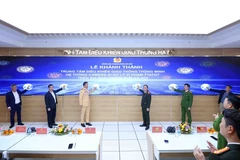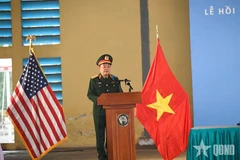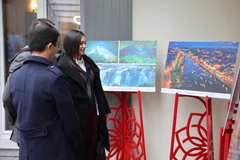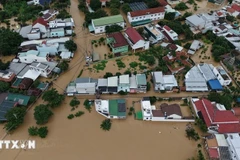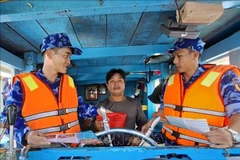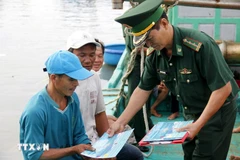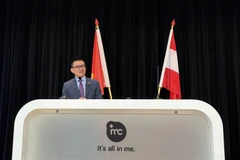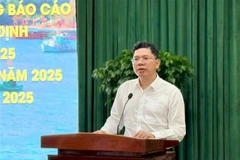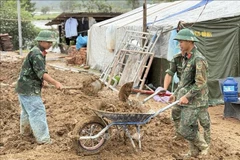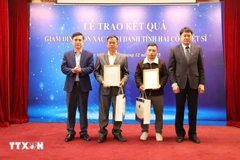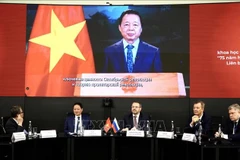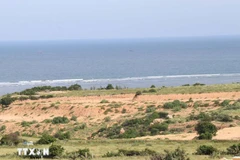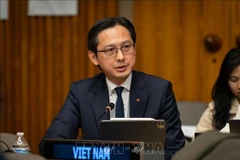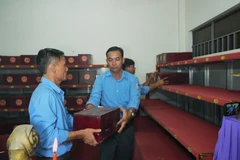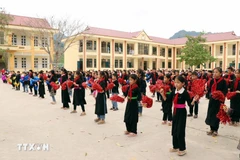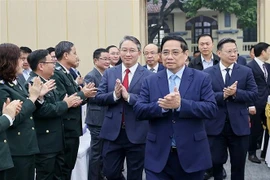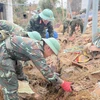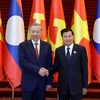Chairman of the provincial People’s Committee, Dinh Quoc Thai,confirmed that despite a focus on industrial advancement, the provinceplaces a high premium on environmental protection.
Local authorities have declined a number of foreign direct investment(FDI) projects which are technologically backward and environmentallypolluted, said Director of the provincial Department of Planning andInvestment Bo Ngoc Thu.
Dong Nai gives priority toinvestment in support industry, information technology, hi-techagriculture, and the farm produce processing industry, which aresupported by clean production technology.
Simultaneously, the province has decided to halt investment in producingpaper or wood-pulp from crude material, processing cassava starch,rubber latex, leather and chemical substances, she noted.
The province plans to establish hi-tech industrial parks, develop aknowledge-based economy, invest in local staples and expand services atindustrial and urban areas through to 2020, she added.
It will also push ahead with promoting the application of science andtechnology into agriculture production and upgrading technicalinfrastructure, while encouraging foreign businesses to invest inindustrial sectors with high levels of technology.
After more than 30 years of construction and development, Dong Nai hasbecome one of the leading localities in the country in terms of percapita GDP, with industry and construction making up 56.9 percent of theprovincial economic structure.
Over the past fiveyears, the province maintained an annual economic growth of 12 percentor above, double the country’s average growth (5.8 percent).
From a trade-deficit locality, Dong Nai now is among top five citiesand provinces in attracting FDI projects, including many worth over 100million USD such as those run by Formosa (Taiwan), Vedan (Singapore andTaiwan), Hualon (Malaysia and Taiwan) and Fujitsu (Japan).
The province is home to 31 industrial parks with the rate of occupancyaveraging 67 percent. All of the parks possess completed wastetreatment systems.
As of mid-May 2015, the provincegranted investment licences to 1,488 projects worth 27.10 billion USD,of which 1,133 are still valid.
The province’schairman noted that the operation of the Ho Chi Minh City-Long Thanh-Dau Giay highway project and improvements to infrastructure and logisticservices have enabled greater trade activities between the province andits vicinities.
Regarding agriculture, the provincehas zoned off areas to grow highly-profitable crops such as maize,mangoes, pepper, dragon fruits. It also has the largest herd ofdomesticated animals in the southern region, including 1.2 million pigsand 12 million chickens.
Dong Nai also leads thenation in modernising rural areas with 52 out of its 136 communes andtwo districts recognised as fulfilling the standards of the new-stylerural building programme.-VNA

